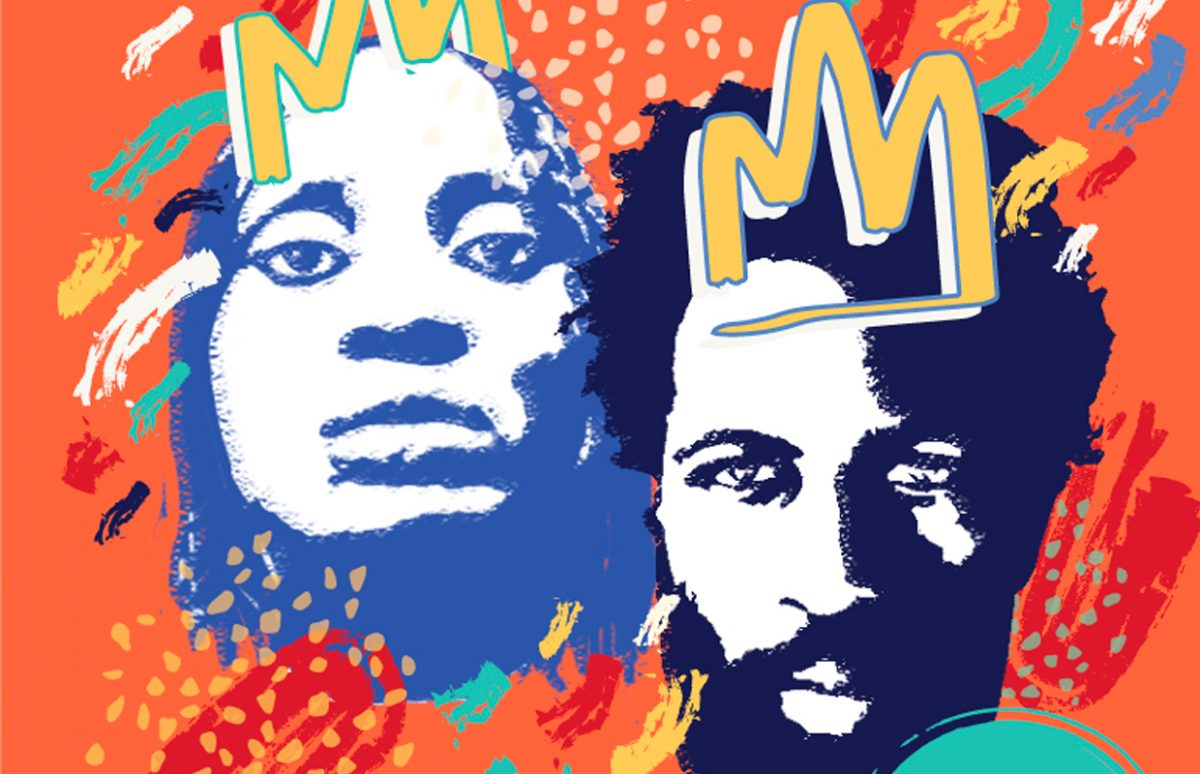
Juneteenth is an American celebration marking the end of slavery, when news of the Emancipation Proclamation finally reached the last U.S. state, Texas on June 19, 1865. Read more about the history and traditions of Juneteenth in our article. If you would like to introduce your pupils to the event, these resources will help you. … Continue reading “Juneteenth Webpicks”
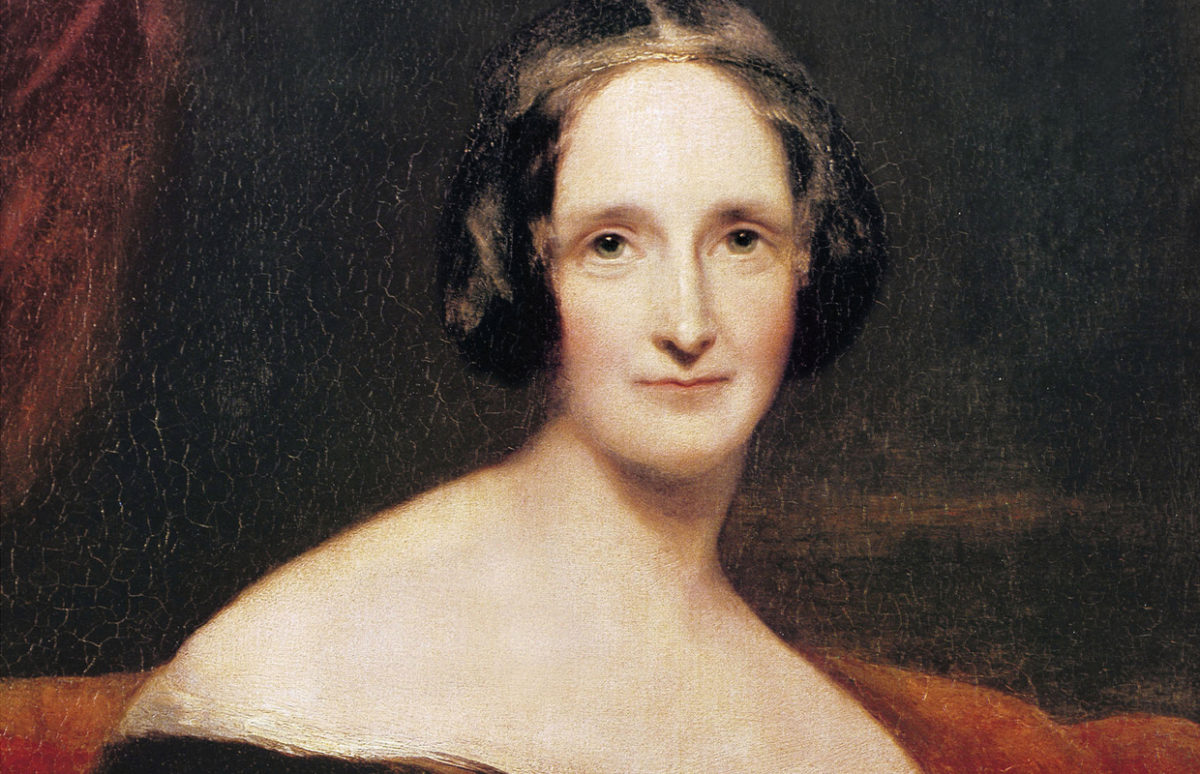
2018 marks the two hundredth anniversary of the publication of Frankenstein, a novel which has gone on to occupy a unique place in the collective imagination. In this A2+ article, your pupils will discover Mary Shelley, the teenage author who lived an exceptional life. These documents about Mary Shelley could be part of a larger … Continue reading “Mother of Frankenstein”
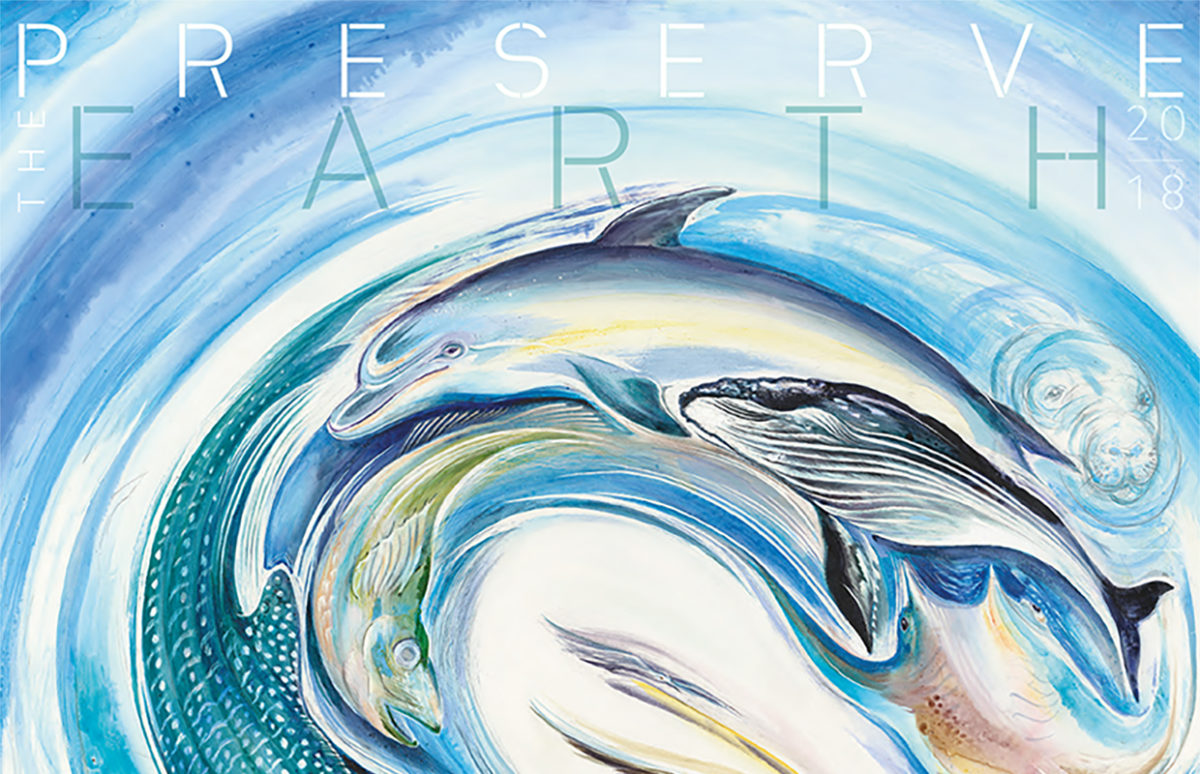
The theme for this year’s Earth Day, 22 April, is “End Plastic Pollution”. This poster from the U.S. Department of State puts the focus on ecological problems caused by plastic waste in our oceans, and the dangers it presents for marine creatures. The poster is a great starting point for a class on plastic in … Continue reading “Free Ecology Poster”
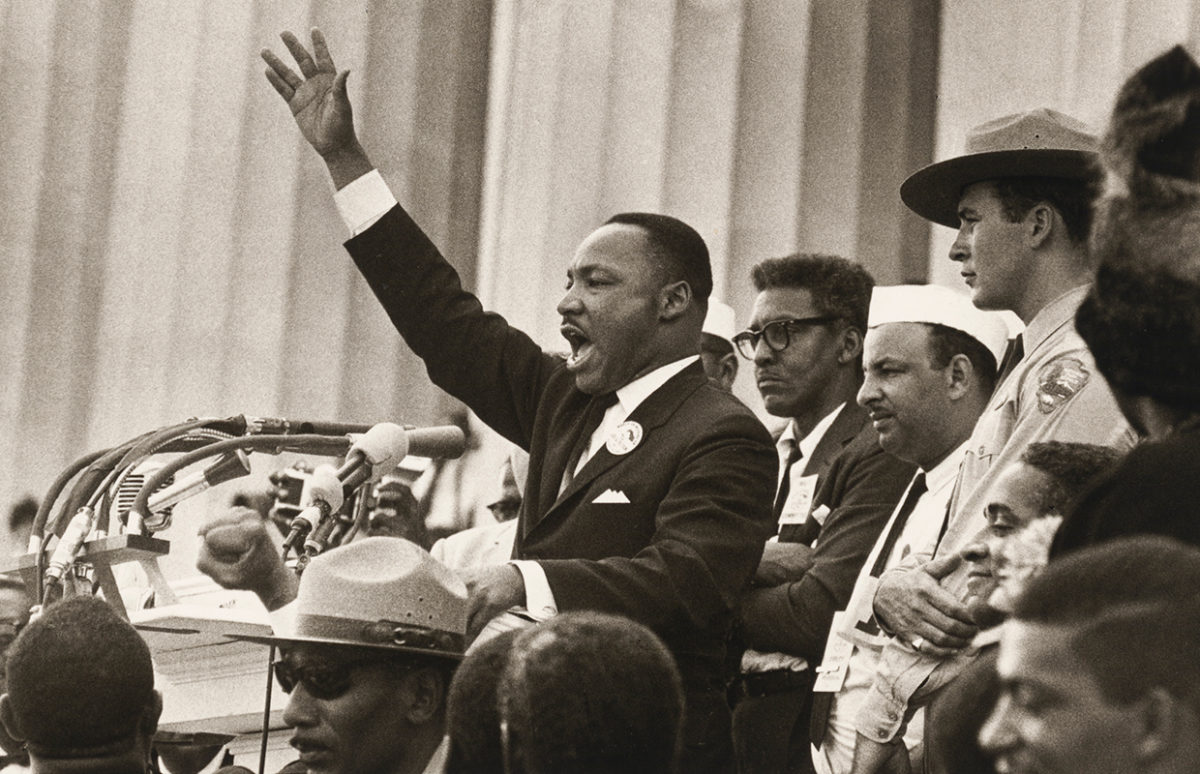
Civil-rights leader Dr Martin Luther King, Jr, was assassinated in Memphis, Tennessee, on 4 April 1968. To commemorate the fiftieth anniversary of King’s death, this B1 sequence will allow pupils to explore his life and legacy. After briefly sharing what they already know about this inspiring figure, students will watch a video and learn more … Continue reading “Martin Luther King Slideshow”
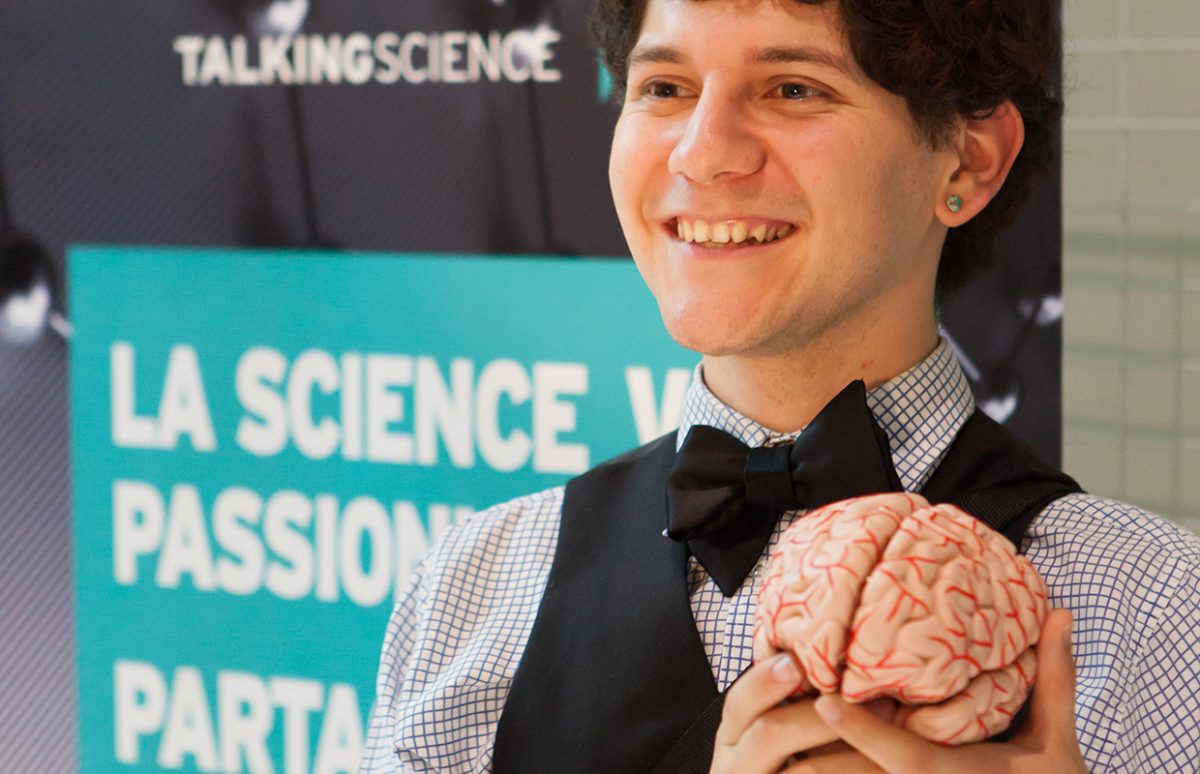
If you know a great science communicator – maybe a teacher doing DNL lessons for classes européennes – let them know about the British Council FameLab competition. Participants need to explain a scientific concept for non-experts in just three minutes! And why not have your pupils do something similar? FameLab is an international competition with … Continue reading “Talking about Science Competition”
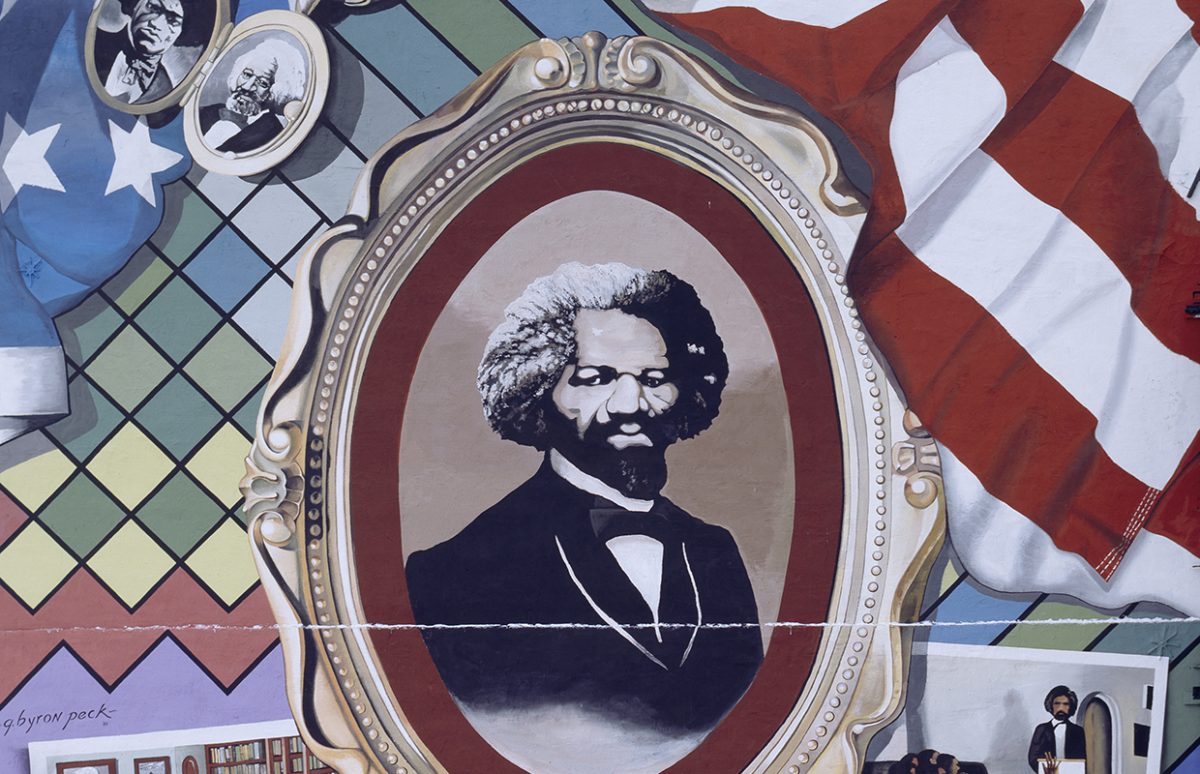
On the occasion of Frederick Douglass’s Bicentennial, there are lots of online resources to help you introduce this major figure of the abolition movement to your pupils. This section on Frederick Douglass from the Library of Congress children’s site is suitable from A2. It’s not a very detailed biography but has an excellent quote from … Continue reading “Frederick Douglass on the Web”
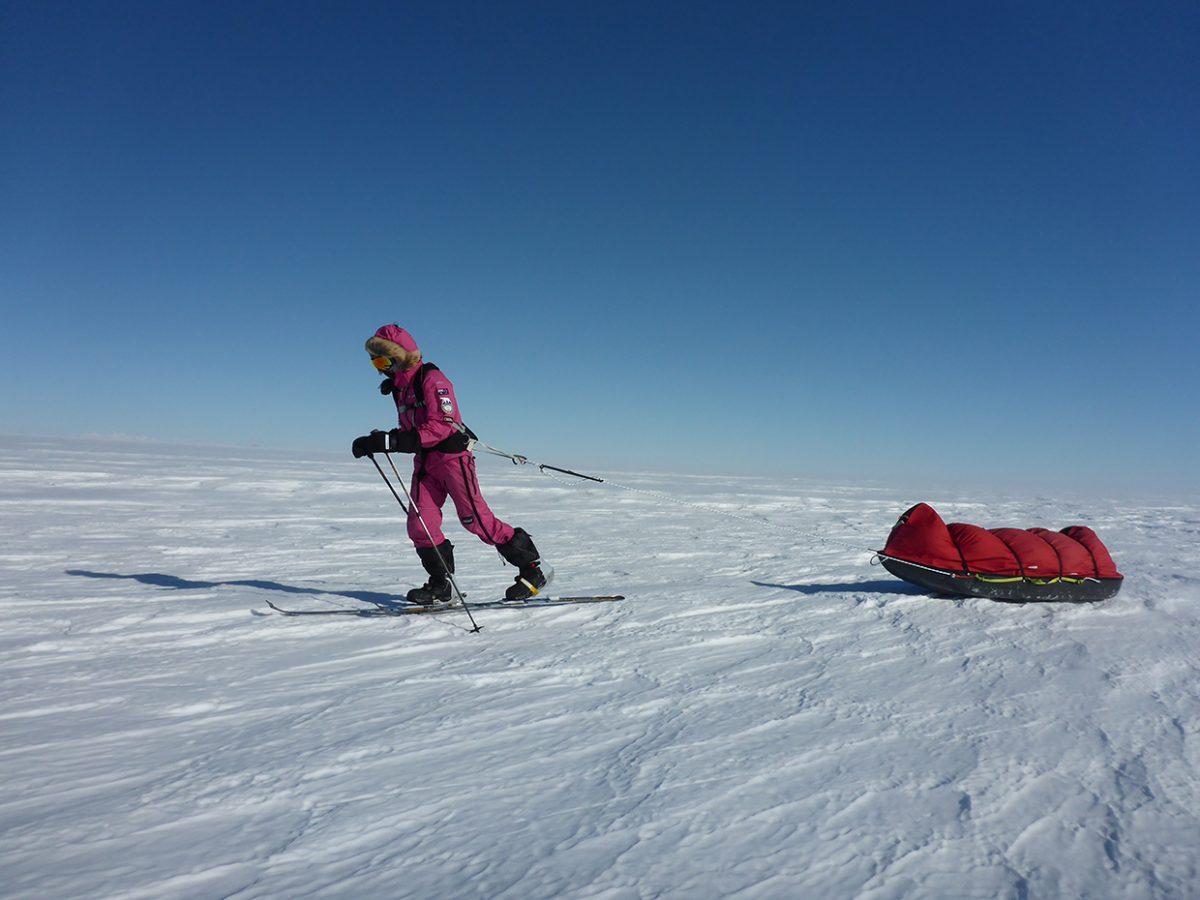
Sixteen-year old Jade Hameister from Melbourne, Australia, has undertaken a series of physical challenges from climbing to the base camp on Mount Everest to skiing to the North and South Poles. She is also an inspiring speaker and wants to encourage other young people, and particularly girls, to have the courage to test themselves, even … Continue reading “Polar Adventurer Video Resources”

After the terrible school shooting at the Marjory Stoneman Douglas High School in Parkland, Texas, gun control is once again very much in the news. Here are suggestions of ways to broach this topic in class. The Parkland students have been very active in calling for greater gun control and safety in schools (see our … Continue reading “Gun Control Teaching Resources”
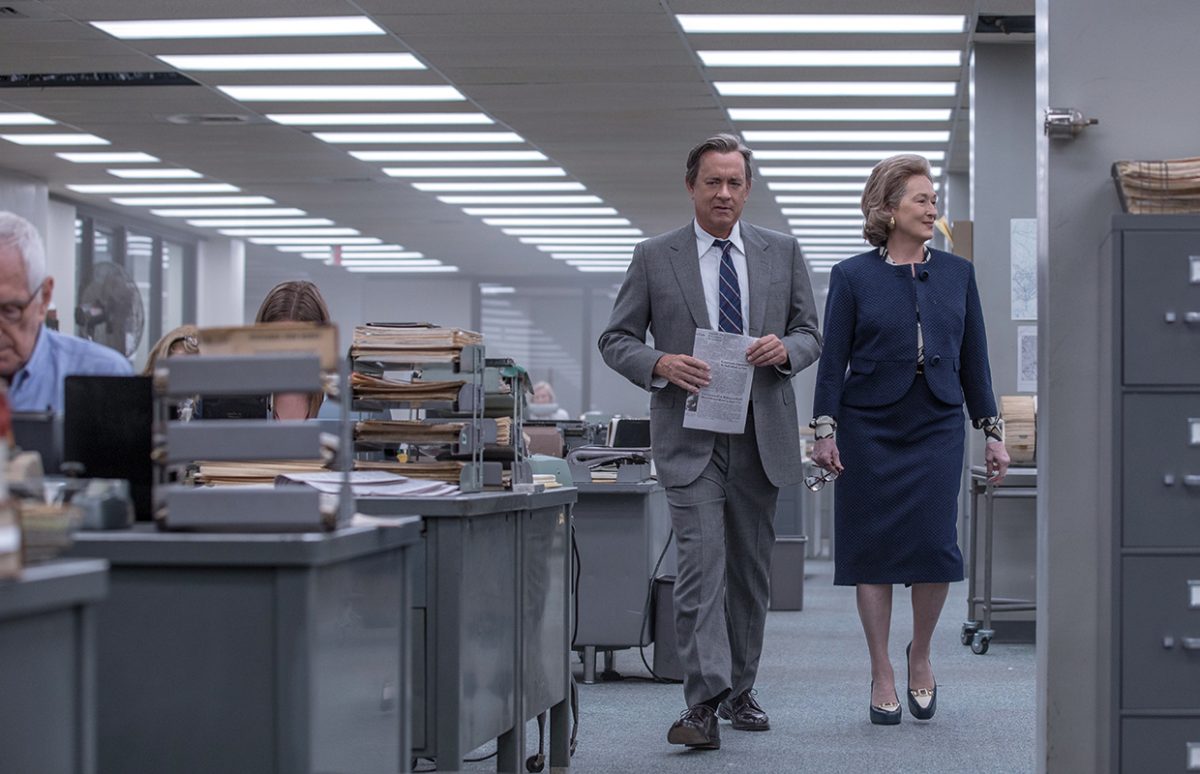
The Steven Spielberg film The Post, starring Meryl Streep and Tom Hanks, is an excellent resource for working on the press and the media as part of éducation aux médias. It would work very well with the theme for this year’s Semaine de la presse à l’école: Where does the news come from? The Semaine … Continue reading “Pentagon Papers Webpicks”
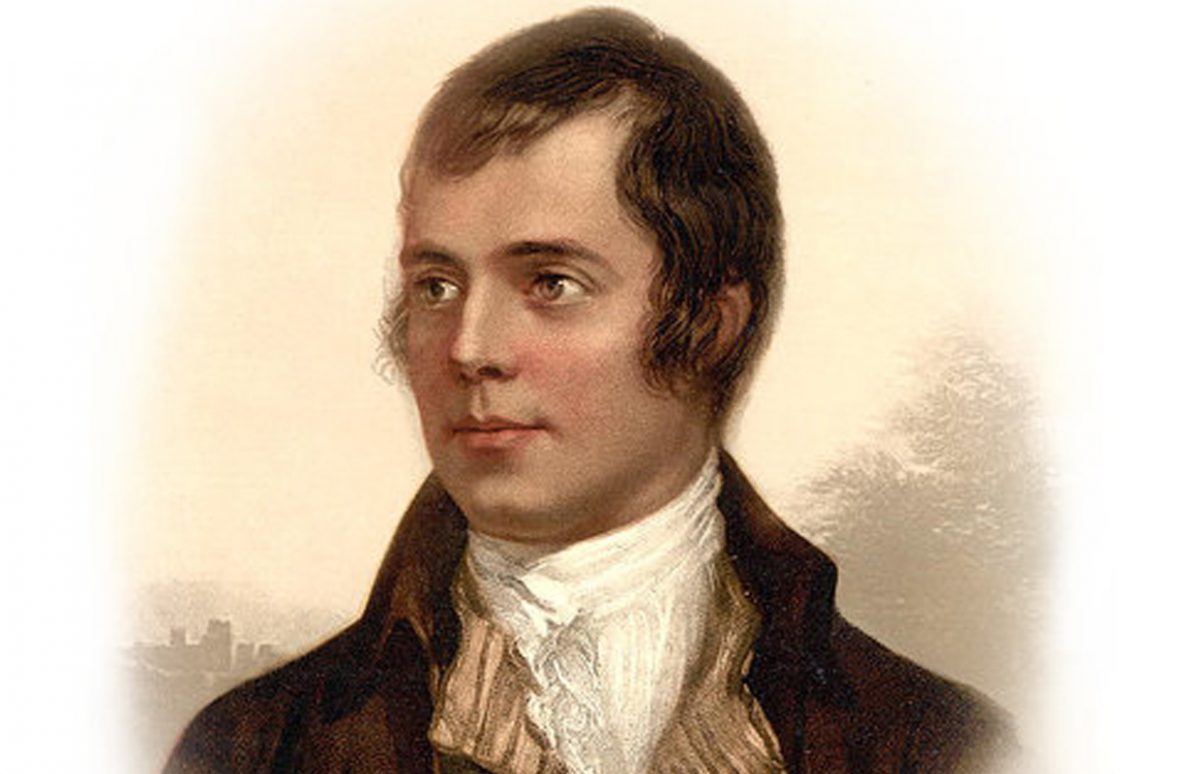
Scots celebrate their national poet, Robert Burns, on 25 January each year. These ebooks are useful for classroom work about the poet and the event. To find out more about Burns Night, check out Visitscotland’s ebook “Hold Your Own Burns Supper”, which includes recipes, information about the poet and a great video of traditional ceilidh … Continue reading “Robert Burns Digital Resources”














